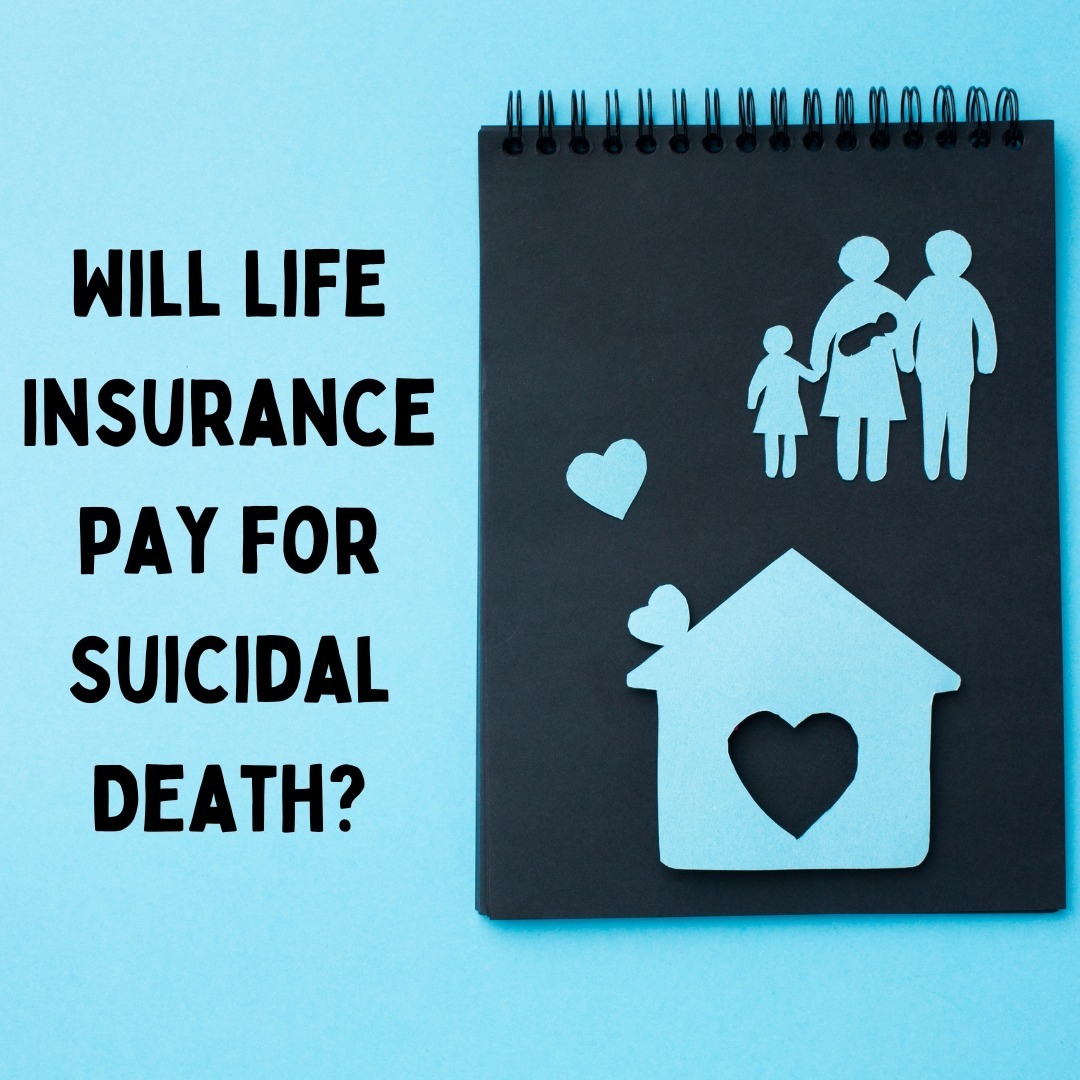Will Life Insurance pay for Suicidal Death?
Life insurance policies exclusively aim to protect the financial security of family members in the event of the policyholder’s unexpected death, thereby alleviating the financial burden if the policyholder is the sole earner in the family.
However, insurers have specified these policies to address uncertain deaths. Does a life insurance plan include coverage for death by suicide? If so, what types of plans offer this provision? Specifically, does term insurance encompass suicide coverage? Let’s delve into the policy terms concerning this matter for clarity.
Do life insurance plans provide payouts for deaths by suicide?
Yes, in the case of the policyholder’s death by suicide, a life insurance plan disburses the payout to the nominee. Nonetheless, there are particular provisions concerning the payment terms for such claims.
Which type of Life Insurance Plan offers a benefit for death by suicide?
The suicidal death benefit typically applies to all types of life insurance policies, including savings plans, wealth plans, and term insurance plans, that incorporate a life cover component. However, the amount of the death benefit offered differs among various plans.
Additionally, the IRDAI (Insurance Regulatory and Development Authority of India) implemented a significant change in the provisions regarding death claims linked to suicide in January 2014. However, the majority of plans share similar features with term plans, with notable differences primarily observed in Unit-linked life insurance (ULIP) plans. Let’s explore the guidelines for suicide coverage under term plans first, followed by the provisions in ULIP plans.
Insurance Regarding Suicide
Here’s a brief overview of how the death claim for suicidal deaths can be categorized into two phases: before January 2014 and after January 2014.
What was the General Insurance Provision regarding deaths by suicide?
The suicide clause stipulates that if the policyholder commits suicide within 12 months of policy inception or revival before January 2014, the policy becomes void and any death claim is rejected. Typically, a life insurance plan offers life cover and pays the sum assured to the nominee if the policyholder’s suicide occurs after at least twelve months from the plan’s purchase date. However, during the policy term and after twelve months, the term insurance death benefit is provided subject to specific terms and conditions outlined in the policy. Therefore, it is crucial to understand any suicide-related exclusions before purchasing the policy.
Insurers considered and paid claims for suicidal deaths after 12 months to mitigate insurance fraud. For instance, a scenario could arise where individuals obtain a home loan or car loan and subsequently purchase a life insurance plan to cover the debt, only to die by suicide a few months later. To prevent such situations, regulations mandated a 12-month waiting period.
What drives the insurer to provide coverage for death by suicide?
Despite suicide not being an unforeseeable event, the insurer extends a death claim to offer assistance and support to the family members coping with the sudden loss. The policyholder’s suicide could be attributed to financial obligations, emotional strain, or severe mental illness. Regardless of the circumstances, the family is impacted, and the primary objective of a term plan is to aid these families in overcoming financial crises.
What are the newly introduced provisions in the Life Insurance Plan?
If purchased after January 2014, term insurance claims in the event of suicide will undergo a revision of the policy terms. MyPolicyExpress term plan offers comprehensive information on the provisions related to this exclusion in the policy at the time of purchase or revival for any reason.
If death by suicide occurs within 12 months of policy purchase, revival, or commencement of risk, the policyholder’s family will be eligible to receive a minimum of 80% of the total premium amount paid until death. Alternatively, they may receive an amount equal to the surrender value of the policy, whichever is greater. This provision is guaranteed as long as the policy remains in force.
What are the provisions for suicide death claims regarding ULIP?
Regarding a ULIP plan, there exists a slight difference in the provision. If the policyholder dies within 12 months of policy inception, the nominee or family members will receive the fund value or policy account value at the time of death notification.
The fund value represents the amount of money generated from investing a portion of the premium in the security market. It essentially reflects the market-linked returns.
Any charges incurred, aside from the fund management charges, will be included in the death claim and disbursed to the nominee.
Conclusion
Deaths by suicide in India have been on the rise due to several factors such as debt, emotional instability, and lack of education. Consequently, family members connected to individuals who attempt suicide are profoundly impacted.
Hence, a life insurance plan like a term plan serves to safeguard the family’s financial requirements in such situations. Nevertheless, the terms and conditions of the plan differ depending on the insurer and the specific plan.

